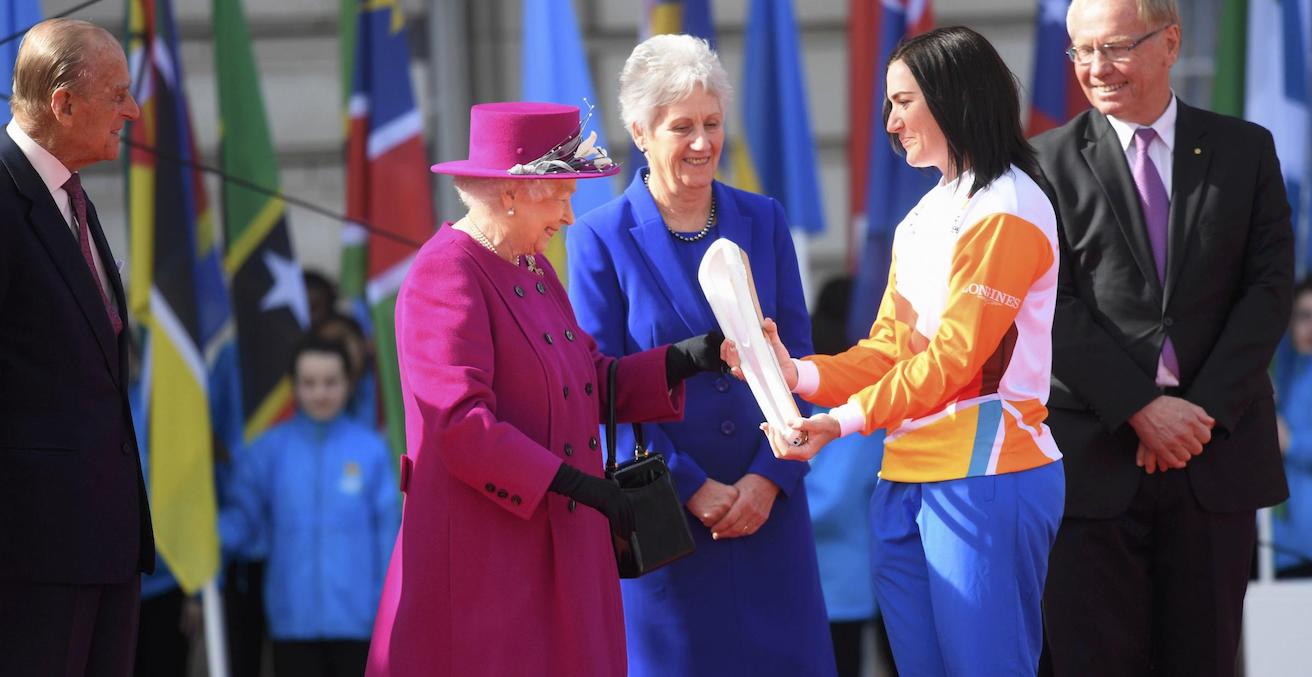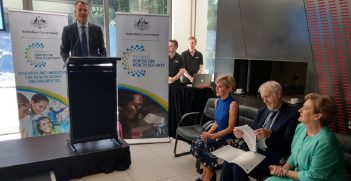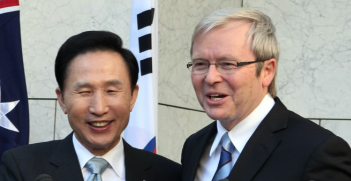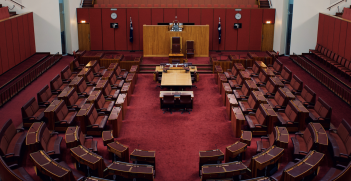The Commonwealth of Opportunity

The start of the Commonwealth Games on the Gold Coast provides an opportunity to imagine a hypothetical scenario in which the UK successfully uses Brexit as an opportunity to strengthen its global relationships.
It’s 2026. Brexit is complete. Britain has tailored its foreign policy to further the development of soft power and to demonstrate a stronger presence alongside Commonwealth partners in the region of the world where the balance of power is being played out: the Pacific.
We await with excitement the opening ceremony of the Auckland Commonwealth Games. The UK has slipped from its position as the world’s fifth largest economy by two places. Numerous treaties have passed, creating a home for Anglo-Euro relations that allows for trade, but sees an adjustment to the epicentre of ultimate sovereignty.
Conversely, the UK’s soft power and overseas influence have increased dramatically through a unique approach to diplomacy. By working with all Commonwealth partner nations, the UK has not only furthered its interests but its collaborative approach has enabled significant gains for all.
The combined cultural and intellectual diversity and capacity of the Commonwealth has been brought to bear. An adjustment to membership criteria as part of the collaborative foreign policy pivot has delivered innovative results. This saw a subtle reinterpretation of the requirement for an applicant to have a constitutional relationship with an existing Commonwealth member state and enabled an increase in applications from nations seeking support in governance and state-building through an advisory mechanism. The UK has drawn on centuries of democratic practice to support new and existing members alongside partners, furthering the Commonwealth’s role as a builder of civil liberties, peace and sound state governance. Britain has been labelled the innovative elder statesman.
Of the numerous faiths and ethnicities represented, all are united in a mission to advance the principles of governance underpinned by enshrining protection of freedoms and advocating for an environment that allows prosperity to flourish. An understanding that this is what the Commonwealth stands for has been built through a unified campaign to demonstrate these values and support their entrenchment. Perceptions of the Commonwealth’s origins—both positive and negative—have slipped in prominence as a forward-looking has approach took hold, leading to the 2026 Commonwealth to be described in the media as diverse, innovative and defined by many traditions.
The Commonwealth Games on the Gold Coast took place in the context of great uncertainty over Brexit, yet the Trade 2018 calendar that ran in parallel was widely praised for focusing on the importance of relationships and a renewed emphasis on the Pacific. The 2022 games, in Birmingham, delivered a new level of success as a means of strengthening member nation relations underpinned by the foreign policy pivot.
The Commonwealth partners recognised that the Pacific was the preeminent stage where the global balance of power was being played out. The UK’s pivot from the European experiment to a much wider geographic alliance—one built on free trade, supporting international development and furthering her positive influence through cultural diplomacy and governance building—has reinvigorated foreign policy and drastically elevated her position.
Four focal points demonstrated the benefit of seizing the Commonwealth opportunity.
The military as soft power
We have seen the value of flexing military muscle in a region where infinitely more muscle-bound actors practise. The provocative sailing of naval vessels through disputed parts of the Pacific had little impact when contrasted with the enabling of good governance in numerous nations and furthering democracy through the provision of support and advice to Commonwealth members. Ensuring open and collaborative business channels increased trust and transparency. A more nuanced military presence was maintained and amplified these outcomes through regular diplomatic voyages that called into the ports of the Pacific and focused on collaboration, support and relationship building. The approach of being meaningfully present was founded on the excellent foreign policy reboots of both Australia and New Zealand to increase their positive influence in the region.
Partners in aid
The UK’s aid programs were more strongly aligned with the Pacific region’s two largest donors: Australia and New Zealand. The outcome has been quite astonishing: good governance through democracy has developed as measured by independent metrics; the independence of judiciaries has strengthened; civil liberties have been protected through the abolishment of archaic colonial laws; exchanges of expertise have taken place, delivering skill-building in entrepreneurship, and enabling economic growth that is relevant and sensitive to the social and cultural uniqueness of different nations.
Recycling funds for environmental action
The multilateral response to environmental challenges, powered by greater funding, has perhaps delivered the most recent noteworthy multi-generational contribution to the world as a whole by the Commonwealth. By elevating global awareness of the extreme challenges faced by Pacific island nations, specific objectives have been met in parallel with enabling the partisan discussion on climate change causes and beliefs, to transition to a practical dialogue built around real cases that demand collaboration to deliver results for real people.
The best person for the play
The Commonwealth’s approach of first demonstrating what it stands for ahead of talk and branding was typified by Queen Elizabeth II, who undertook a mentoring role to assist the new head of the Commonwealth to settle in, sharing years of insight. By appointing a non-British, non-royal head, the Commonwealth demonstrated its own mission of good governance by selecting the best person for the job following a rigorous assessment process.
The Commonwealth seized the opportunity amid the uncertainty. Its rebranding was a result of an action and delivery-first approach: the result of stepping up its positive influence to champion democratic values and peace. This was delivered through a switch to a collaborative policy approach by the UK through alliance with numerous Commonwealth partners.
Looking back, could those decision-makers waiting with excitement prior to the opening ceremony of the 2018 Gold Coast Games have peered through the uncertainty and realised the enormity of the opportunity that stood before them?
Jonathan Prosser is group general manager of strategy and growth at the Cronulla Sharks NRL club and a director of Australian health charity, Ruby Red Foundation.
This article is published under a Creative Commons Licence and may be republished with attribution.





